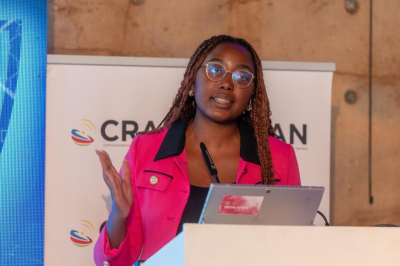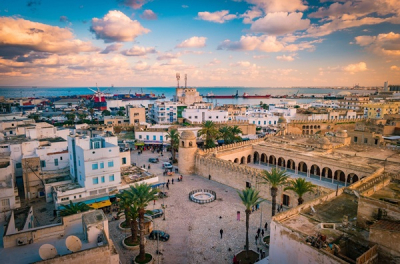Since 2020, most African governments are set on digitizing strategic sectors, including the public service. Within two years, Ghana, which has become one of the digitally-advanced countries, raised US$315 million for that purpose.
The World Bank approved, Thursday (April 28), a US$200 million loan to accelerate digital transformation in Ghana with a new project dubbed Ghana Digital Acceleration Project. The funding was announced in the same release published on the institution’s website.
According to the release, it will help “increase broadband access, enhance the efficiency and quality of selected digital public services, and strengthen the digital innovation ecosystem in Ghana to help create better jobs and economic opportunities.”
For Pierre Laporte (photo), World Bank Country Director for Ghana, Liberia, and Sierra Leone, “expanding digital access and adoption, enhancing digital public service delivery, and promoting digitally-enabled innovation is essential for Ghana’s digital transformation, which will help drive a robust post-COVID-19 recovery.”
Likewise, for Maria Claudia Pachon -Senior Digital Development Specialist of the World Bank and Task Leader of the new Project- the digitization of public services will “result in significant cost savings due to decreased travel and processing time to obtain services, as well as transaction costs such as manual entry errors, fraud, and corruption.”
The Ghana Digital Acceleration Project builds on the ongoing e-Transform Ghana project, which allows Ghana to become one of the most digitally advanced countries in Africa. In its latest report on the e-government development index, the International Telecommunications Union (ITU) ranked Ghana the fifth in Africa, in 2020. At the same time, the country jumped from being the 143rd out of 193 countries worldwide in 2004, to the 101st place in 2020.
The new digital acceleration project supports regulatory change to create an environment that facilitates access to mobile and broadband internet for six million people, in underserved rural areas notably. It will also favor the digital inclusion of women and people with disabilities, enhance the local digital entrepreneurship ecosystem, improve startups’ growth and survival rate, facilitate smallholders’ involvement in data-driven agriculture and promote advanced digital innovation skills.
Muriel Edjo



















